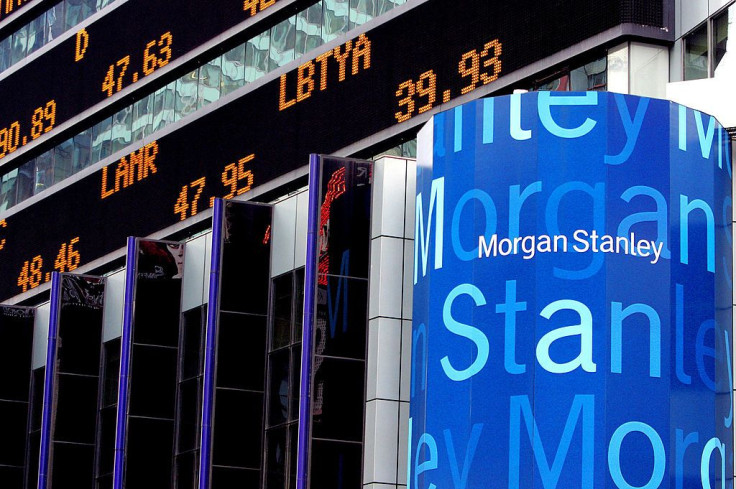Morgan Stanley's Economic Indicator Plunges To Record Low, 'June Gloom' Expected

The Morgan Stanley Business Conditions Index (MSBCI), an economic barometer relied on for the past 17 years to anticipate directional moves in the U.S. economy, plummeted in June to its largest one-month drop on record and the lowest level since December 2008 during the global financial crisis.
The decline shows a sharp deterioration in business sentiment this month that was broad-based across sectors, said Morgan Stanley economist Ellen Zentner in a note to clients.
“Fundamental indicators point to a broad softening of activity, but analysts did not widely attribute the weakening to trade policy,” she noted.
The MSBCI plunged 32 points to a level of 13 from a level of 45 in May. It should be noted that the post-Great Recession average for the MSBCI is 55.4.
The June MSBCI showed sharp declines in hiring, hiring plans, capex plans and business conditions exceptions. The manufacturing subindex business conditions plummeted to zero, “a decline that was likely exaggerated by the recent turn lower in oil prices, while marking the lowest level for the subindex on record,” said Zentner. The services subindex fell to 18 from 35.
The loss of business confidence is being driven by a multitude of fears and suggests a “June Gloom” is afoot.
The largest and most lingering fear is that of a possible economic slowdown. This fear was heightened after a much worse than expected jobs report on June 7 showing the economy added just 75,000 jobs in May.
A report Thursday revealed a spike in jobless claims last week. Manufacturing activity in May grew at its slowest pace in two years.
Trump’s festering trade war against China and the uncertainty of a deal mitigating this conflict weighed heavily on stocks in May and continues to do so this month. Some investors are starting to worry the economy might fall into an outright recession as early as 2020.
Last week, Morgan Stanley warned Trump’s trade war will trigger a global recession three quarters from now if Trump levies his threatened 25 percent tariffs on additional Chinese imports. It also cautioned investors not place too much hope on a trade deal diffusing this crisis any time soon.
“Investors are generally of the view that the trade dispute could drag on for longer, but they appear to be overlooking its potential impact on the global macro outlook,” wrote Chetan Ahya, Morgan Stanley’s chief economist.
On May 17, Trump boosted tariffs on $200 billion worth of Chinese goods to 25 percent from 10 percent. He also keeps threatening to slap 25 percent tariffs on the $300 billion in Chinese imports untouched by tariffs.
In his note to investors, Ahya said the outcome of the trade war right now “is highly uncertain.” He did warn that if Trump follows through with 25 percent tariffs on the additional Chinese imports, “We could end up in a recession in three quarters.”
© Copyright IBTimes 2024. All rights reserved.





















